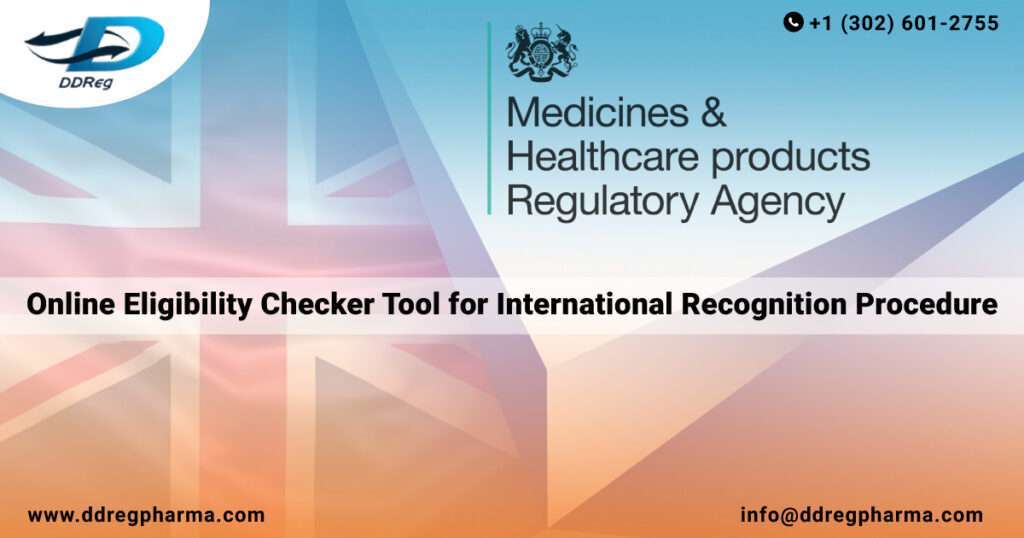The International Recognition Procedure (IRP), initiated by the Medicines and Healthcare products Regulatory Agency (MHRA) post-Brexit, establishes an international recognition route for medicines with pre-existing approvals from Canada, Australia, the EU, Japan, Switzerland, and the US. Operating alongside existing national procedures, the IRP is a crucial pathway for introducing innovative medications to UK patients while emphasising the MHRA’s role as a sovereign regulator. Set to be operational from January 1, 2024, the IRP aims to expedite the approval process for marketing authorisation applicants, leveraging the expertise of trusted global regulatory partners.
The procedure introduces two recognition timetables, catering to varying complexities and ages of overseas regulatory approvals, namely Recognition A with a 60-day processing window for recent and straightforward applications, and Recognition B with a 110-day processing window for more complex cases. The MHRA has introduced the Online Eligibility Checker as part of the upcoming IRP.
Online Eligibility Checker Tool
The online Eligibility Checker, effective November 20, 2023, empowers marketing authorisation applicants to assess the suitability of their Marketing Authorisation Application (MAA) for the IRP. The tool aids in identifying the appropriate route (A or B) before submitting the IRP application. The determination of Suitability for Recognition A or B relies on the completion of an online Eligibility Checker by the Applicant. This process should be completed six weeks prior to the planned date of MAA (Marketing Authorization Application) submission. It is essential to have a product licence (PL) number before initiating the Eligibility Checker.
The form consists of questions enabling the MHRA to identify the appropriate IRP Route A or B. In some cases, MHRA triage may be necessary to determine the route. Notably, for Recognition A, Reference Regulator’s (RR) approval must be granted within the previous 2 years, and for Recognition B, it should be within the previous 10 years. Applications older than 10 years may still be eligible, but confirmation is required from the MHRA before using the Eligibility Checker. After completing the form, follow the submission instructions provided at the top of the form.
Julian Beach, MHRA Interim Executive Director of Healthcare Quality and Access, emphasises the tool’s role in ensuring an efficient process for applicants. By proactively using the Eligibility Checker, applicants can prepare for the January 1, 2024, launch of the IRP, providing an additional avenue for introducing new medicines to UK patients.
Funding Support and Accelerated Access in IRP
The introduction of the Eligibility Checker and the forthcoming IRP is supported by £10 million in funding from HM Treasury. Allocated in March, this funding aims to expedite routes for bringing innovative medical products developed in the UK and approved by global regulatory partners to market. This funding is crucial for accelerating the delivery of treatments such as cancer vaccines and new artificial intelligence technology.
Conclusion
The launch of the online Eligibility Checker marks a crucial step toward implementing the MHRA’s International Recognition Procedure. By leveraging the expertise of trusted regulatory partners worldwide, the IRP streamlines the approval process for new medicines, benefiting UK patients. As the MHRA prioritises patient safety and access to cutting-edge treatments, the IRP represents a promising pathway for the swift introduction of life-saving medications into the healthcare landscape. As we approach the operational date of January 1, 2024, the healthcare industry eagerly anticipates the positive impact of this innovative regulatory framework on patient care and medical advancements.
As a globally renowned regulatory consulting and pharmacovigilance service provider, DDReg has supported its customers for product filings and life cycle management in the UK, especially in line with post-Brexit changes. Missed the previous blog? Have a read on Navigating Nuances in Clinical Trial Applications.

